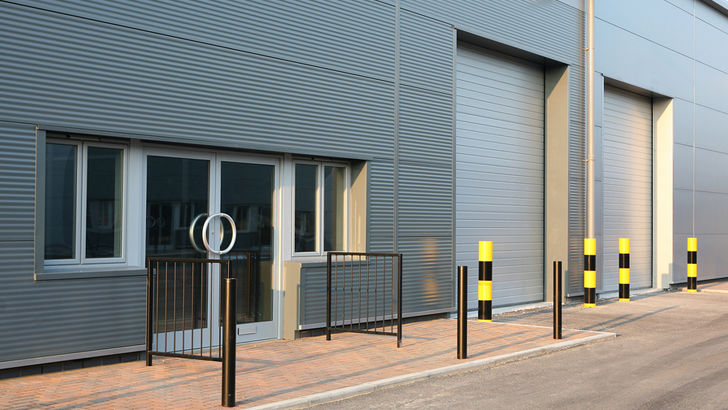What you need to know about the new depreciation rules
By Tyron Hyde
The best way to understand the new depreciation rules is to break them down into nine simple key points.
1. Used assets
From May 10, 2017, if you acquire a second-hand residential property that contains "previously used" depreciating assets, you will no longer be able to claim depreciation on them.
This refers to the plant and equipment depreciation schedule, including ovens, dishwashers, lights, air-conditioners, TVs, carpets, lounge suites, blinds, common property plant and equipment items.
2.Depreciation schedule
The building allowance, or claims on the structure of the building, has not changed.
You will still need a depreciation schedule to calculate these deductions, which typically account for 85% of the overall construction cost.
The structure includes brickwork and concrete.
3. New property
Acquirers of brand-new property will carry on claiming depreciation in exactly the same way as they have done so to date for both plant and equipment and structure.
This is great news for the property industry, because a lot of developers rely on depreciation as part of their marketing strategy to attract investors.
The government resisted making changes to depreciation on brand-new property because it did not want to halt construction, which would have had an impact on the supply of new property.
A downturn in the construction industry would also have a knock-on effect - if tradies are out of work, they aren't paying tax!
4. Renovations
If you renovate a house while living in it, then sell it to an investor, the assets will be deemed to have been previously used and the new owner cannot claim depreciation on the plant and equipment.
5. Corporate tax entitity
The proposed changes do not apply if you buy the property in a corporate tax entity, super fund (note self-managed super funds do not apply here) or a large unit trust. In other words, you can still buy a second-hand property in a company name and claim depreciation on it.
You can buy a second-hand property in a super fund - as long as it's a large one - and a large trust can buy a property as long as it has 300 members or more, and claim depreciation on that property.
6. Commercial and industrial property
The proposed changes only relate to residential property.
Commercial, industrial, retail and other non-residential properties are not affected, so you can still buy a second-hand office or similar and continue to claim the second-hand carpet, exactly as you could before.
You can't do this for residential property, as I've explained above.

7. Brand-new house
If you engage a builder to build a brand-new house, or do the work yourself and it remains an investment property, you will still be able to claim depreciation on both the structure and the plant and equipment items.
This is because it's brand new, and was brand new when you put in that oven. Therefore, you can still claim it because the costs are known.
8. Already renovated
If you engage a builder to renovate a property - or you do the work yourself - and it is also being used as an investment property, you will still be able to claim depreciation on it when you have finished the renovations.
As above, this is because the assets you install are brand new, therefore you can still claim.
But if you bought a property renovated by someone else and they lived in it for six months or a year and then sold it, you can't claim depreciation on the oven and dishwasher, etc, in the future, because they have now been previously used. See the difference?
9. Less capital gains tax
While investors purchasing second-hand property can now no longer claim depreciation on the existing plant and equipment, they will have the benefit of paying less capital gains tax when they sell the property. How?
Well, what they would have been able to claim in depreciation under the previous legislation now simply gets taken off the sale price in the event you sell the property in the future (more about capital gains tax later).
This last point is perhaps the most interesting of all. Basically, what it means is that what you would have been able to claim in depreciation under the previous legislation, you can now simply take off the sale price in the event you sell it in the future.
Or another way of putting it is that you can't claim depreciation while you hold the property but when you sell it you can claim a capital loss for what you didn't claim.
Get stories like this in our newsletters.


